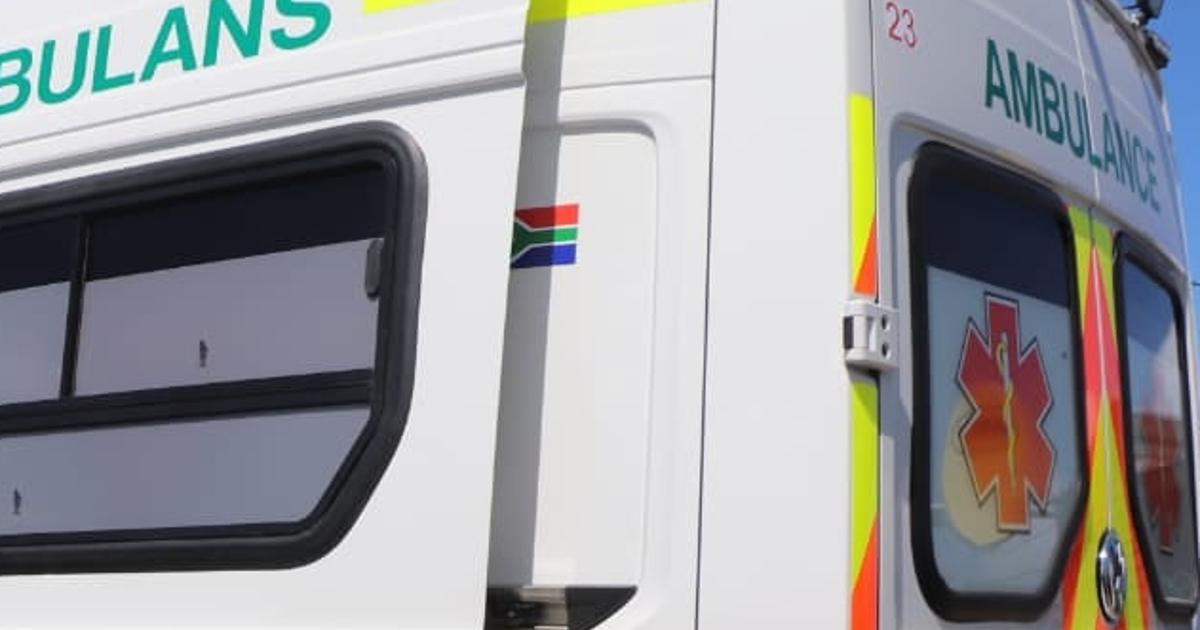Western Cape EMS Under Pressure: Facing Hurdles in Delivering Critical Care

The Western Cape Department of Health recently faced scrutiny as officials presented to a committee, outlining the significant challenges they're encountering in delivering emergency medical services (EMS) across the province. While the dedication of paramedics and healthcare professionals is undeniable, the system is grappling with a complex web of issues impacting response times, resource availability, and overall effectiveness.
A Growing Demand, Strained Resources
The presentation underscored a stark reality: demand for EMS services in the Western Cape is steadily increasing. Population growth, urbanization, and factors like traffic congestion all contribute to this rising need. However, the resources available to meet this demand are struggling to keep pace. This includes a shortage of ambulances, adequately staffed bases, and the necessary medical equipment to handle a diverse range of emergencies.
Key Challenges Detailed
Several specific challenges were highlighted during the briefing. One major concern is the impact of infrastructure limitations. Road conditions, particularly in more remote areas, significantly slow down response times. Furthermore, the availability of suitable landing zones for helicopters, crucial for reaching patients in difficult-to-access locations, is often a constraint. The presentation also addressed the ongoing issue of staff shortages, exacerbated by burnout and competition from other provinces and countries offering better remuneration and working conditions.
Response Time Concerns and Patient Outcomes
The strain on the system is directly impacting response times, a critical factor in determining patient outcomes. Delays in reaching patients, particularly those experiencing life-threatening conditions like heart attacks or strokes, can have devastating consequences. Officials acknowledged the need to improve response times and are exploring various strategies to achieve this goal.
Strategies for Improvement: A Multi-Faceted Approach
While the challenges are substantial, the Department of Health is not standing still. Several initiatives are underway or being considered to bolster the EMS system. These include:
- Increased Ambulance Fleet: Plans are in place to procure additional ambulances to address the shortage and improve coverage across the province.
- Strategic Base Relocation: Reviewing and potentially relocating EMS bases to better serve population centres and areas with high demand.
- Technology Upgrades: Investing in advanced dispatch systems and mobile technology to optimize resource allocation and improve communication.
- Staff Recruitment and Retention: Implementing strategies to attract and retain qualified paramedics and other EMS personnel, including competitive salaries and improved working conditions.
- Public Awareness Campaigns: Educating the public on appropriate use of EMS services to reduce unnecessary calls and ensure resources are available for genuine emergencies.
Looking Ahead: A Collaborative Effort
Addressing the challenges facing the Western Cape’s EMS system requires a collaborative effort involving the Department of Health, local municipalities, healthcare providers, and the public. Ongoing monitoring and evaluation of implemented strategies will be essential to ensure their effectiveness and adapt to evolving needs. The commitment to providing timely and effective emergency medical care remains a top priority for the Western Cape government, but significant investment and ongoing vigilance are needed to overcome the current hurdles and safeguard the health and well-being of its citizens.






